The widespread appearance of fake ST25 rice once again raises the alarm about the counterfeiting of brands through labels, packaging, and even counterfeiting of ST25 rice.
After being honored as the best rice variety in the world , ST25 rice was widely counterfeited, reducing the reputation of Vietnamese rice in the domestic and export markets.
Recently, in early April 2023, many private rice businesses in Hanoi were discovered to be counterfeiting the ST25 Ong Cua rice brand. The incident once again raised the alarm about the situation of counterfeiting brands through labels, packaging or even counterfeiting ST25 rice that has existed for a long time, making it difficult for consumers to distinguish between real and fake...
In fact, not only ST rice but also a series of other products from food to fashion, household goods... are counterfeited. Typically, Non Son - recently, authorities across the country have continuously discovered millions of helmet products with signs of counterfeiting the Non Son brand. Even in mid-2023, Saigon Tourist Corporation - One Member Limited Liability Company ( Saigontourist ) filed a lawsuit against Saigon Tourist Transport Joint Stock Company to the People's Court of Ho Chi Minh City for violating intellectual property rights, seriously affecting the business of the enterprise.
As the owner of a counterfeit product, Mr. Ho Quang Cua - the father of the ST25 rice variety, continuously expressed his frustration about this issue. Because every time ST25 rice is named in the world, the situation of counterfeiting and imitation of the brand in the country becomes more and more rampant.
 |
ST25 rice is continuously counterfeited |
In fact, counterfeiting of rice, rice seeds, and fake rice samples for delicious rice contests has appeared since 2020, just a few months after ST25 rice won the world's best rice award, and has become more and more widespread, seemingly out of control.
Regardless of the form of "following", copying or counterfeiting, the ultimate goal of these actions is to gain quick and easy profits.
This unfair competition is even more pronounced when compared to the "original goods", the counterfeit brands do business in a haphazard and cover-up manner, causing the real owners to suffer. This business method is so successful that it has become the "formula" of many business people.
While businesses struggle to protect their brands, consumers are confused by similar names placed next to each other or by the addition of the words "new" or "new" or by discreet accent marks.
Although many businesses and authorities have been very active and proactive in protecting their brands in recent times, the results have not been as expected, because the sanctions are not enough to deter. If disputes or lawsuits arise, this process will be lengthy, and even if administrative penalties are imposed, the penalty is much lower than the profits earned. Not to mention, to impose penalties, the enforcement side also has to spend a lot of money, time and effort.
The situation of ignoring the law when counterfeit and fake branded goods are not strictly punished is creating an unhealthy business environment. It is a fertile ground for those who start a business but have the idea of getting rich illegally, taking from others and making it their own.
According to experts, to protect the brand of businesses, manufacturers must protect their brands in both domestic and international markets. And the first thing to do now is to change the awareness of the subjects. In the era of brand competition, only branded goods have high value.
On the part of the authorities, it is necessary to complete legal regulations for the protection, management and development of brands based on intellectual property rights for place names used for specific agricultural products. In particular, these agencies need to regulate the management and control of common brands for specific agricultural products.
Not only that, agencies need to promote the protection of intellectual property rights in general and especially for typical agricultural products in particular to raise public awareness, and at the same time effectively implement the contents of support policies.
In particular, state agencies need to improve their ability to manage and control the use of trademarks in the market; develop resources and time to participate in projects to enhance support for the management phase as well as promote promotional and commercial activities for products. Only then can the production and trade of counterfeit goods be pushed back and legitimate businesses can feel secure in production and business.
According to Industry and Trade Electronic Newspaper
.
Source








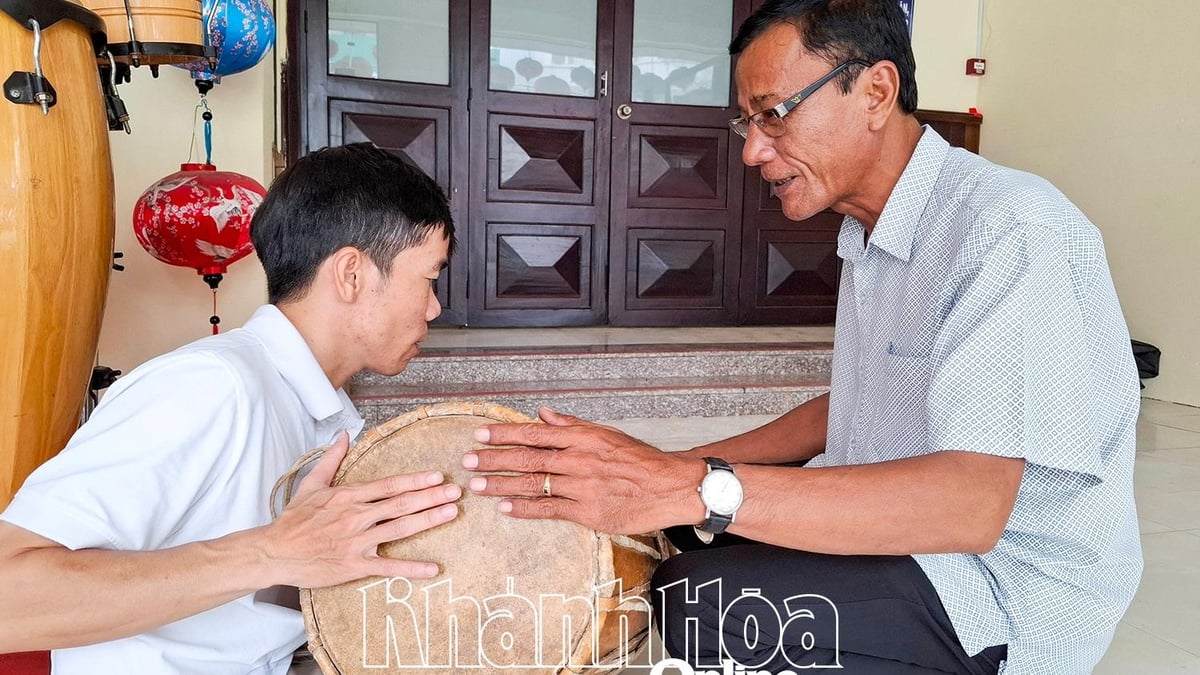
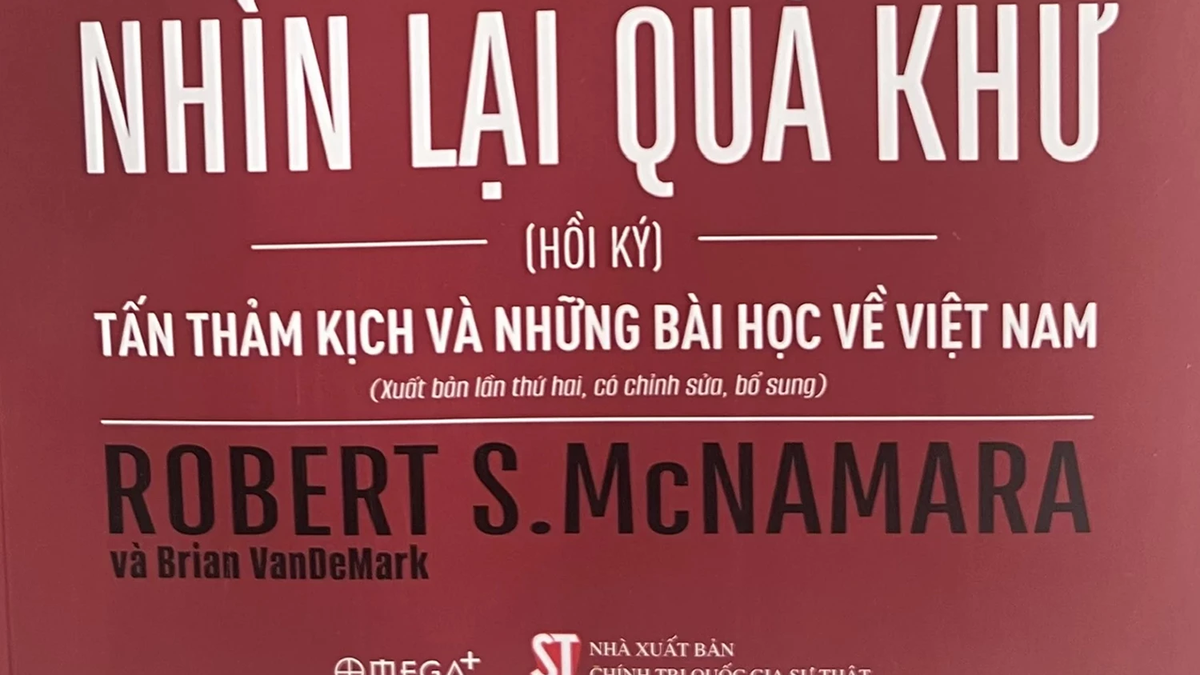
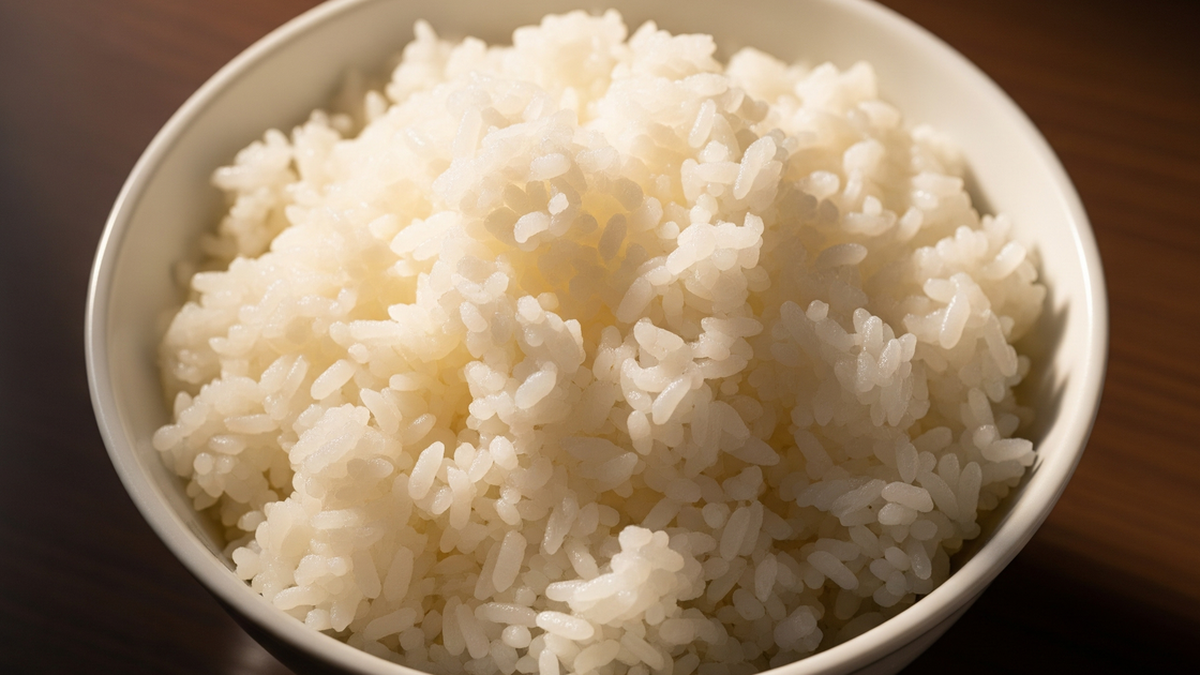
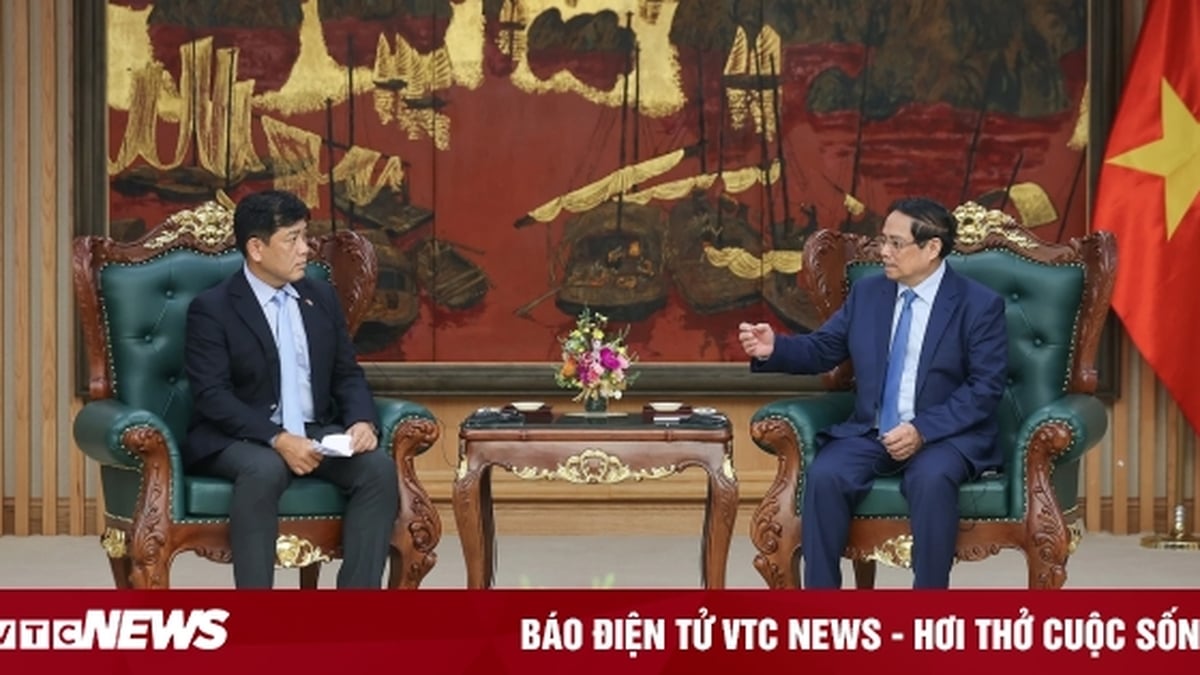



















































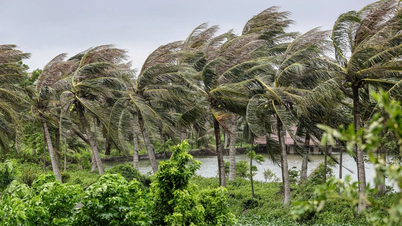
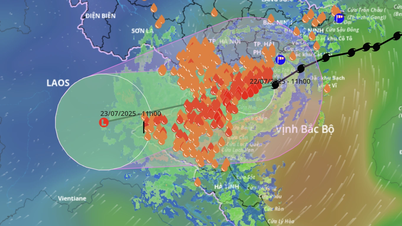
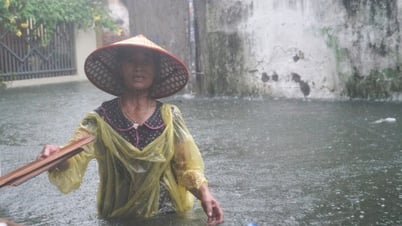




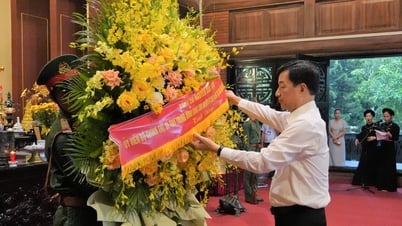

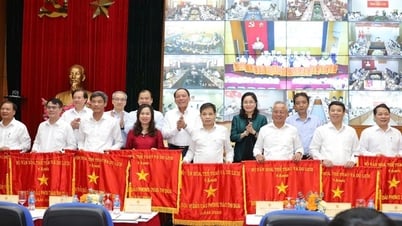


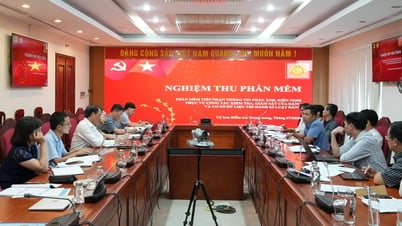


























Comment (0)